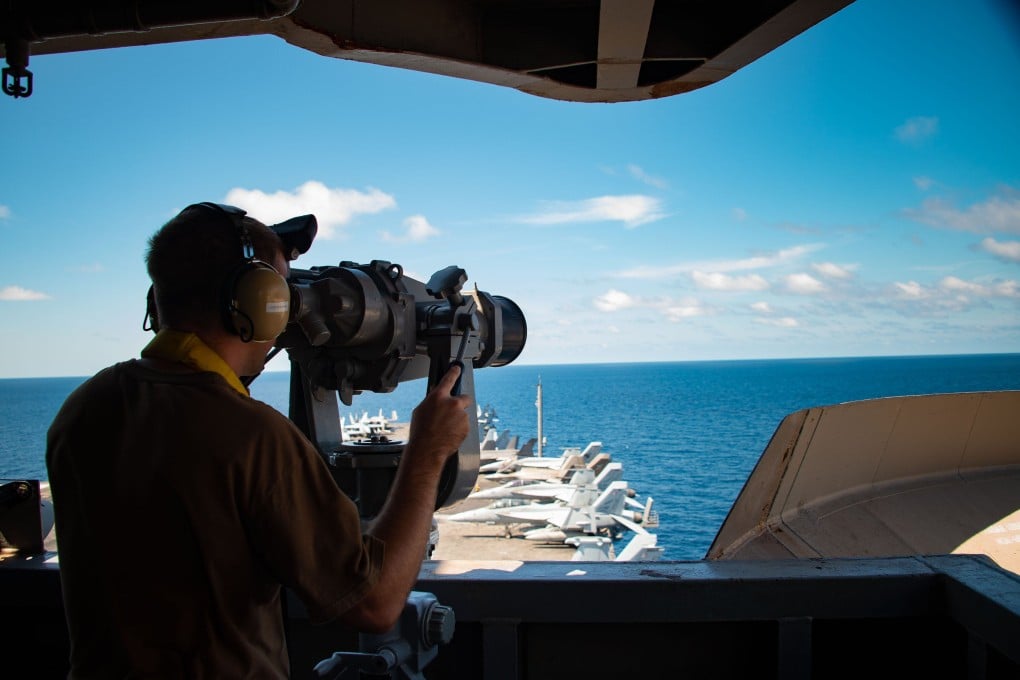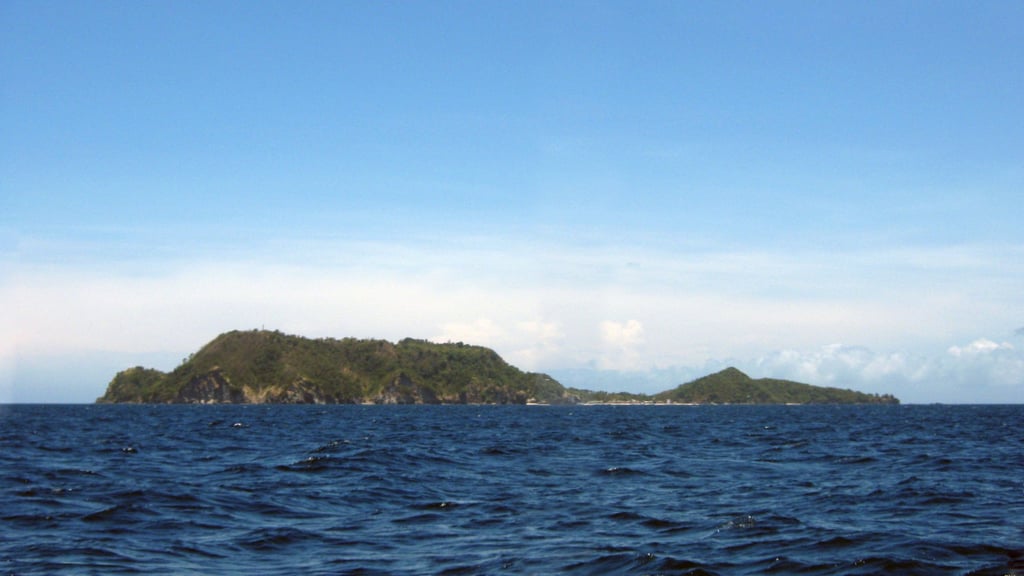Philippines summons Chinese envoy over ‘illegal intrusion’ in inland waters
- Philippine protest was over the activities of a Chinese naval surveillance ship between January 29 to February 1
- Chinese navy ship was not in the South China Sea but in the Sulu Sea which no one claims except the Philippines

The Department of Foreign Affairs (DFA) said Ambassador Huang Xilian was summoned by the Acting Foreign Undersecretary Theresa Lazaro over the activities of a Chinese naval surveillance ship between January 29 to February 1.
“Acting Undersecretary Lazaro demanded that China respect Philippine territory and maritime jurisdiction, and to comply with its obligations under international law, particularly UNCLOS, and direct its vessels to desist from entering Philippine waters uninvited and without permission,” the DFA said in a statement.
There was no immediate reaction from Ambassador Huang or the Chinese embassy.

The DFA did not say why it was issuing the démarche to the Chinese envoy some six weeks after the incident. Foreign Secretary Teodoro Locsin retweeted the DFA statement published on Twitter.